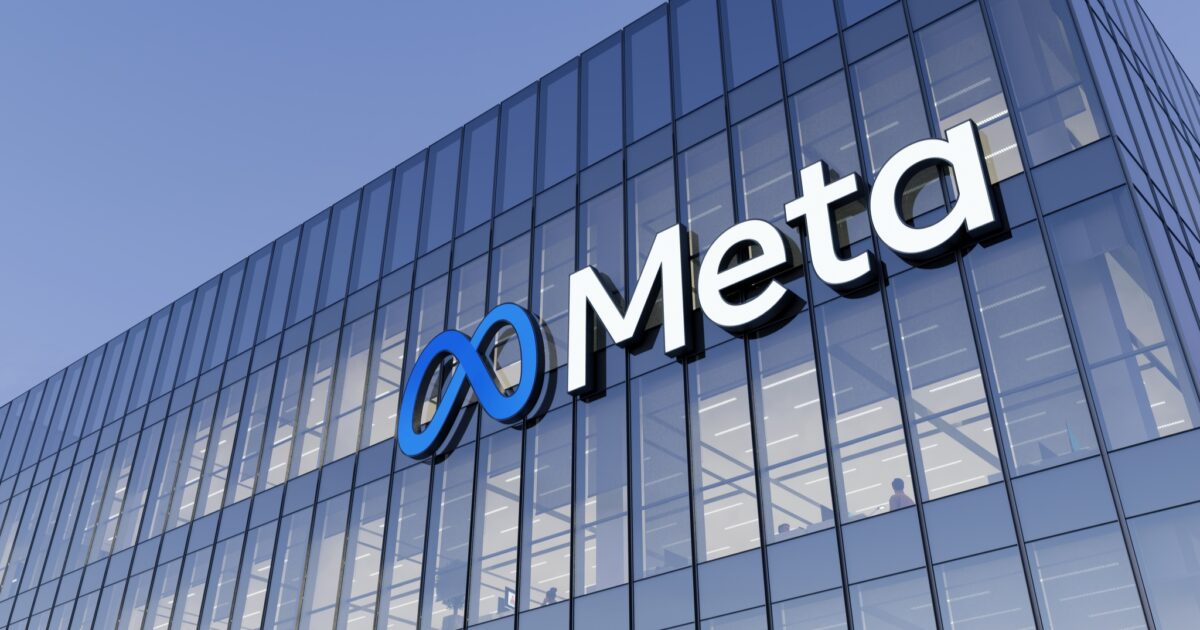A little common sense and a little historical context make it relatively easy to see that monopoly power concerns for Big Tech are blown out of proportion, since internet incumbents don’t last forever and even the greatest industry leaders can be beaten at their own game. Take for instance AOL’s AIM, which despite having immense market power couldn’t maintain its dominant position indefinitely – and the same is true for others within the tech sector.
Gen Xers remember when Facebook replaced Friendster and Myspace, just as younger audiences have now replaced Facebook with TikTok and Snapchat. And while TikTok is garnering quite a bit of media attention, Twitch and Discord are poised to be next as preferred platforms.
Based on these examples, the pitching of proposals in Congress regarding who can or cannot tweet seems counterintuitive, especially since Twitter ranks rather low in users anyway.
Yael Ossowski, deputy director of the Consumer Choice Center, notes that “If Congress succeeds in changing antitrust laws to curb tech power, it will not be to the benefit of the typical user and consumer online. Rather, it would fulfill the political goals of a coalition that seeks to curtail much more than mergers and acquisitions: certain political speech, movements they view as hostile, and products to which they would rather consumers not have access.” Indeed, having the government determine who can post or what can be posted is a more concerning matter than that of a private organization.
Given that government oversight tends to grow overtime, and that regulations rarely get repealed once in place, competition serves a better means than government interference for curtailing Big Tech’s bad behavior. Even the best of the best in the business realm go by the wayside in due time, which is why calls for antitrust action against Big Tech should be squashed and claims for content moderation should also be put to rest – despite the detestable deleting of accounts and posts based on political grounds.
The market should be allowed to do what it does best – as conveyed by Joseph Schumpeter and those who advocate for his stance – incentivize competition via consumer interests and promote creative destruction through innovative processes.
Government interference will only generate greater forms of technocracy, resulting in any entrepreneur in this realm to spend a greater amount of time and money navigating legal matters rather than on learning how to serve users best. And the amount of big bucks Big Tech is currently spending on lobbying fees could certainly be put toward better and more productive use.
Although politicians herald antitrust as being a means for mitigating the abuse of market power, the opposite is true. Antitrust results in nanny state stipulations that inhibit competition from new entrants and increases opportunities for regulatory capture – which, given Congress’s limited understanding of the tech space, is highly likely as the best of the best in the industry will be called upon to advise and consult on the rules being made.
The aftereffects of antitrust have always been anti-producer, anti-consumer, and anti-progress. Ayn Rand rightly asserted that, “The Antitrust laws—an unenforceable, uncompliable, unjudicable mess of contradictions—have for decades kept American businessmen under a silent, growing reign of terror.” And according to a study for the Competitive Enterprise Institute, “Aggressive antitrust enforcement can create considerable economic uncertainty, which can have a chilling effect on long-term investment and innovation in both products and in business practices that benefit consumers.”
It is important to remember that a monopoly in its truest sense is not occurring whenever the potential for an alternative to come about is present. And while some cry foul to how some in Big Tech are calling the shots on posting privileges, or how the creation of competing platforms has been hampered by restrictions of certain hosting sites, such as Amazon blocking Parler, the social media landscape is shifting. New entrants and options may not have come about as quickly as we’d like, but alternatives are gaining ground.
It should also be noted that even when there are limited options in a market economy, this does not always mean something is wrong, in fact it can actually mean that something is right. Consumers are creatures of habit, and so if value is being provided for and people are satisfied, other options may simply not be necessary nor desired. And for most of social media’s history, this was the case. Being able to interact online at no cost has been, and continues to be, a great benefit to many.
Limited choice can also occur when consumers consist of a small or captive market – Milton Friedman noted how it would be inefficient to have more than one telephone poll producer in each town. Fortunately, unlike Friedman’s example, the World Wide Web is a limitless townsquare and so is our potential for contacts and queries – therefore one platform will never be enough. In fact, according to the Global Web Index, Gen Z and Millennials have, on average, 8.4 social media accounts and are known to gravitate toward other sites whenever something better comes along.
Currently, image-based platforms are proving to be favored by younger audiences, while decentralized P2P platforms are also making waves. Online usage rates, and online offerings, will adjust to interests at hand, and given that network effects are diminishing through the consolidation of accounts, converting followers from one platform to another is getting easier. Perhaps no one knows this better than Mark Zuckerberg. As it turns out, after Meta acquired Instagram and WhatsApp, one of Facebook’s biggest concerns is competition coming from within. And when all three of these platforms became unavailable for roughly six hours, in October of 2021 due to a network outage, online audiences utilized other sites or simply logged off – proving people can pivot and adjust as needed.
Rest assured that Big Tech is more vulnerable than many realize, and competition is proving to be plentiful. The government’s meddling in social media matters is not only a waste of time and resources for both the public and private spheres, but also a big mistake for promoting the progress of user services and options.




